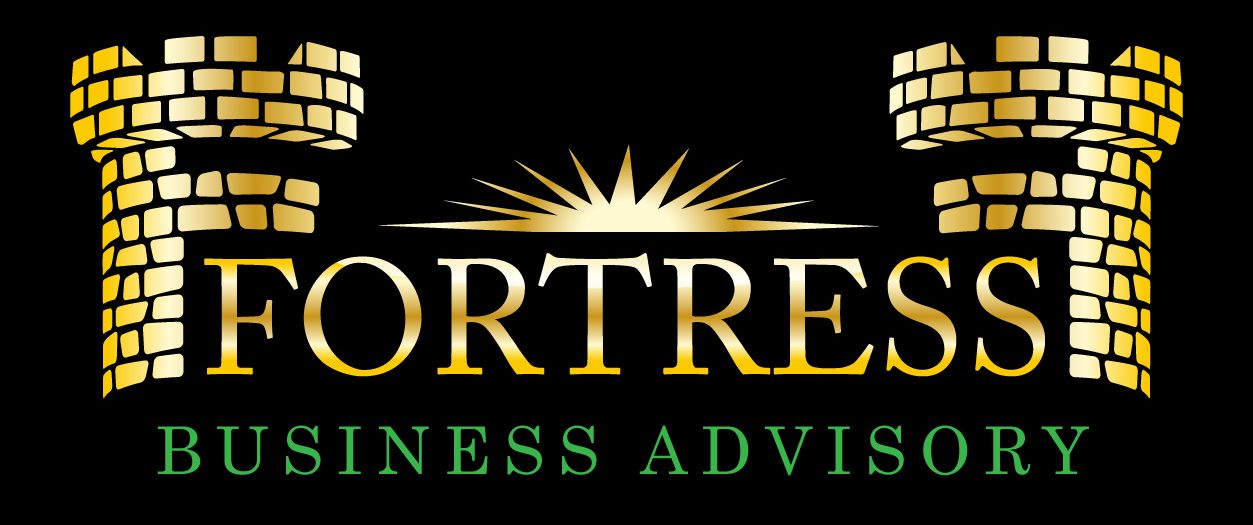UNLOCKING YOUR BUSINESS VALUE: INSIGHTFUL JOURNEY
In the fast-paced realm of business, understanding the value of your enterprise is paramount. Business valuation serves as a compass, guiding decision-making processes, and shaping strategic directions. Let’s delve into the intricate world of business valuation and uncover its significance in today’s dynamic markets.
Setting the Stage: Understanding the Importance of Business Valuation
Business valuation forms the bedrock upon which crucial decisions are made within organizations. Whether contemplating expansion, seeking investment, or navigating a merger, knowing the true worth of your enterprise is indispensable.
Why Business Valuation Matters
The Crucial Role of Business Valuation in Decision Making
At its core, business valuation provides stakeholders with invaluable insights into the financial health and performance of a company. By quantifying the worth of assets, liabilities, and potential future earnings, businesses can make informed decisions with confidence.
Identifying the Benefits of Knowing Your Business Worth
Beyond mere financial assessment, understanding business value fosters strategic clarity. It enables businesses to allocate resources efficiently, identify growth opportunities, and mitigate risks effectively.
Getting Started with Business Valuation
Defining Business Valuation: What It Is and Why You Need It
Business valuation encompasses the process of determining the economic value of a company. This involves assessing various factors, from tangible assets to intangible elements like brand reputation and intellectual property.
The Different Approaches to Valuing a Business
There are multiple methodologies for business valuation, each tailored to suit different business contexts. From the asset-based approach to income and market-based methods, understanding these approaches is crucial for accurate valuation.
Key Factors Influencing Business Value
Financial Metrics: Understanding the Numbers
Financial metrics such as revenue, profit margins, and cash flow are fundamental in assessing business value. Analyzing these metrics provides insights into the financial health and sustainability of a company.
Intangible Assets: Recognizing Non-Financial Value Drivers
In today’s knowledge-based economy, intangible assets like brand equity, customer relationships, and innovative capabilities play a significant role in determining business value. Recognizing and leveraging these intangibles is essential for comprehensive valuation.
Market Trends and Industry Dynamics: External Influences on Value
External factors such as market trends, industry regulations, and competitive landscape can significantly impact business value. Staying abreast of these dynamics is crucial for accurate valuation and strategic decision-making.
Methods of Business Valuation
Asset-Based Valuation: Assessing Tangible and Intangible Assets
Asset-based valuation involves assessing the tangible and intangible assets of a company to determine its worth. This approach is particularly useful for asset-rich businesses or those with significant intellectual property.
Income Approach: Evaluating Future Earnings Potential
The income approach focuses on evaluating the future earning potential of a business. By projecting future cash flows and discounting them to present value, this method provides insights into the profitability and sustainability of the enterprise.
Market Approach: Comparing Your Business to Similar Ones
The market approach involves comparing the business to similar companies in the market that have recently been sold or valued. This method relies on market multiples to determine the value of the subject company.
Navigating the Valuation Process
Gathering Data: Collecting Information for Analysis
Gathering accurate and comprehensive data is the first step in the valuation process. This includes financial statements, market research, industry benchmarks, and other relevant information.
Engaging Professionals: Working with Experts for Accurate Valuation
Given the complexity of business valuation, seeking professional assistance is often advisable. Experienced valuation experts can provide insights, perform in-depth analysis, and ensure accuracy in valuation outcomes.
Addressing Challenges and Pitfalls in the Valuation Journey
From data inaccuracies to subjective assessments, navigating the valuation journey comes with its challenges. Identifying and addressing these challenges is essential for obtaining reliable valuation results.
Enhancing Your Business Worth
Strategies for Increasing Business Value
Implementing strategies to enhance business value is a continuous endeavor for organizations. This may involve optimizing operations, strengthening market position, or investing in innovation and growth initiatives.
Identifying Areas for Improvement: Addressing Weaknesses
Conducting a thorough assessment of the business can reveal areas for improvement. Addressing weaknesses and inefficiencies can not only increase business value but also enhance overall competitiveness and resilience.
Utilizing Valuation Insights
Making Informed Decisions Based on Valuation Findings
Valuation findings serve as a roadmap for decision-making within organizations. Whether pursuing expansion opportunities, restructuring operations, or seeking investment, leveraging valuation insights enables informed and strategic decisions.
Leveraging Valuation Results for Growth and Expansion
Valuation results can also be leveraged to attract investment, negotiate partnerships, or facilitate mergers and acquisitions. By showcasing the true worth of the business, organizations can unlock new avenues for growth and expansion.
Understanding the Impact of Valuation on Various Business Scenarios
Valuation in Mergers and Acquisitions
In mergers and acquisitions, accurate valuation is essential for determining fair exchange ratios and negotiating favorable terms. Valuation findings also inform due diligence processes, mitigating risks associated with the transaction.
Valuation for Exit Planning and Succession
For business owners contemplating exit strategies or succession planning, understanding business value is crucial. Valuation insights help in assessing exit options, maximizing returns, and ensuring a smooth transition of ownership.
Conclusion
Recap: Key Takeaways from the Valuation Journey
As we conclude our exploration of business valuation, it’s essential to recap the key takeaways. From understanding the importance of valuation to navigating the valuation process and leveraging insights for growth, each aspect contributes to enhancing business value and driving success.
Looking Ahead: Continuously Monitoring and Updating Business Valuation
Finally, in today’s dynamic business landscape, the journey of business valuation is ongoing. Continuously monitoring market trends, reassessing business value, and updating strategies are essential for staying ahead and maximizing opportunities for success.
Brett Andrews
Exit planning expert
Tara Groody
Operations Expert
Rebecca Andrews
Insurance expert
Our team of experts is available to answer any questions you may have about your business needs.
Drop us a line and we will be in touch soon!…..or you can schedule a call to speak with our Business Specialist click on the link below.
There is no charge or commitment to our services, we look forward to learning more about you and your business!


